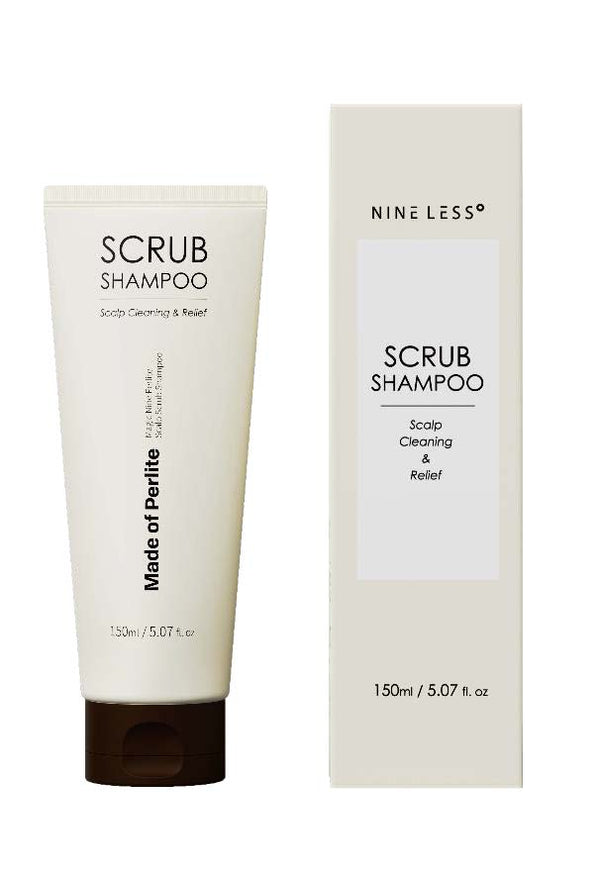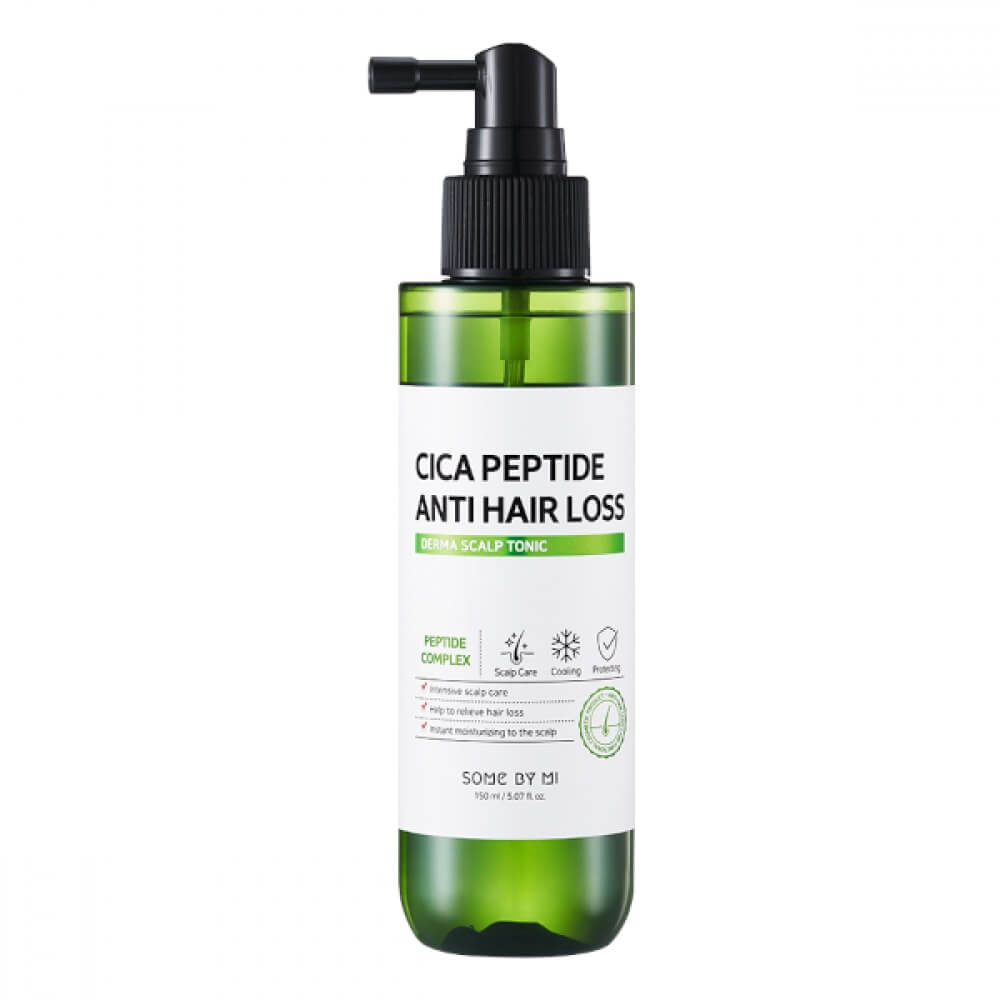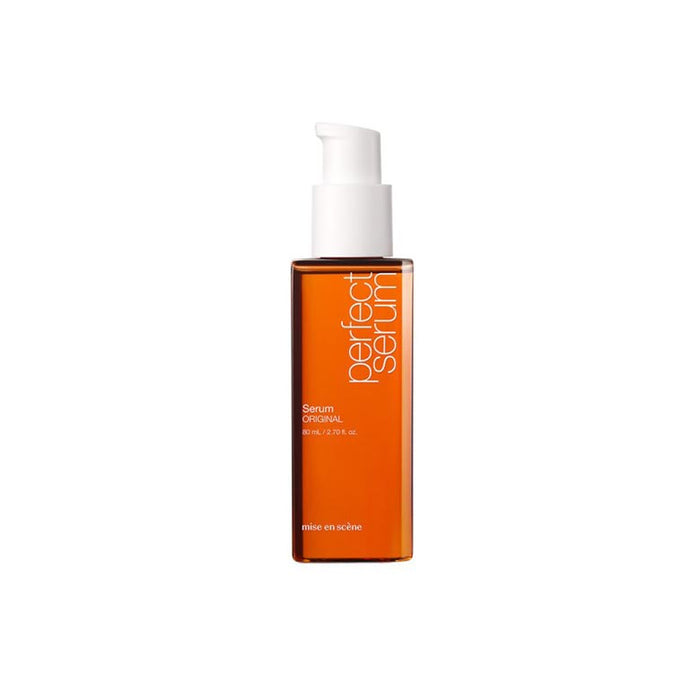Finding Relief: A Comprehensive Guide on How to Stop an Itchy Scalp

An itchy scalp is an annoying and uncomfortable condition that affects many people at some point. It's caused by various factors, including dry skin, dandruff, fungal infections, allergies, or even excessive use of hair products. The good news is that there are numerous strategies and remedies to alleviate and prevent the discomfort associated with an itchy scalp.
Identifying the Cause
Before diving into solutions, it's crucial to identify the underlying cause of the itchiness. This can help tailor the treatment to address the specific issue. Common culprits include dry skin, dandruff, seborrheic dermatitis, psoriasis, eczema, or even an allergic reaction to hair care products.
1. Maintain Good Hygiene
Regular hair washing is essential to keep the scalp clean and healthy. Use a mild, sulphate-free shampoo and conditioner to avoid stripping the scalp of natural oils. Washing too frequently or infrequently can contribute to an itchy scalp, so find a balance for your hair type.
An excellent option is NINE LESS Magic Nine Perlite Scalp Scrub Shampoo. This Korean shampoo contains natural ingredients such as Centella Asiatica extract, Perlite from the Mediterranean Sea, green tea, and licorice root.

2. Use a Medicated Shampoo
Consider using medicated shampoos containing ingredients like ketoconazole, coal tar, zinc pyrithione, or salicylic acid for dandruff or seborrheic dermatitis. These ingredients control the growth of fungi and reduce inflammation on the scalp.
3. Moisturise the Scalp
Dry skin is a common cause of itchiness. Applying a moisturiser to the scalp alleviates this issue. Opt for natural oils like coconut, olive, or jojoba oil. Gently massage the oil into the scalp, leave it on for a while, and then wash it off with a mild shampoo.
We recommend applying SOME BY MI Cica Peptide Anti Hair Loss Derma Scalp Tonic to nourish and hydrate the scalp. This K-beauty hair tonic provides a refreshing and cool sensation to the scalp, stopping hair loss.

4. Avoid Harsh Chemicals
Harsh chemicals in hair care products exacerbate scalp issues. Look for products with gentle, natural ingredients and avoid those containing sulphates, parabens, and synthetic fragrances.
Consider trying hypoallergenic or fragrance-free options if you suspect an allergic reaction.
5. Manage Stress
Stress contributes to various health issues, including scalp problems. Practice stress-reducing activities such as yoga, meditation, or deep breathing exercises to promote overall well-being and potentially alleviate scalp itching.
6. Adjust Your Diet
A healthy diet can positively impact the condition of your skin, including your scalp. Ensure you're getting enough essential nutrients, such as vitamins A, C, and E, as well as zinc and omega-3 fatty acids. These nutrients support skin health and can help combat itchiness.
7. Treat Fungal Infections
Over-the-counter antifungal shampoos or creams may be effective if a fungal infection is the culprit. However, if the problem persists, consult a healthcare professional for a proper diagnosis and prescription-strength treatment.
8. Cool It Down
Hot water strips the scalp of natural oils and exacerbates dryness. Opt for lukewarm water when washing your hair, and avoid using hot styling tools excessively. Additionally, consider reducing your use of heat-styling products to give your scalp a break.
Don't forget to protect your hair by applying MISE EN SCENE Perfect Serum Super Rich. This K-beauty serum contains seven essential oils to provide optimal nourishment for your hair.

9. Regular Scalp Massages
Massaging the scalp stimulates blood flow, promotes relaxation, and helps distribute natural oils. Use your fingertips to gently massage the scalp in circular motions. This simple practice improves overall scalp health and reduces itching.
10. Consult a Dermatologist
If the itching persists despite trying various home remedies, it's essential to consult a dermatologist. A dermatologist can conduct a thorough examination, identify the root cause of the problem, and provide personalised treatment options.
Bottom Line
Stopping an itchy scalp requires a multi-faceted approach that addresses the specific cause of the issue. You can find relief and promote a healthier scalp by maintaining good hygiene, using appropriate hair care products, and incorporating lifestyle changes.
If the problem persists, seeking professional advice is crucial to ensure an accurate diagnosis and tailored treatment plan for long-term scalp health.




























































